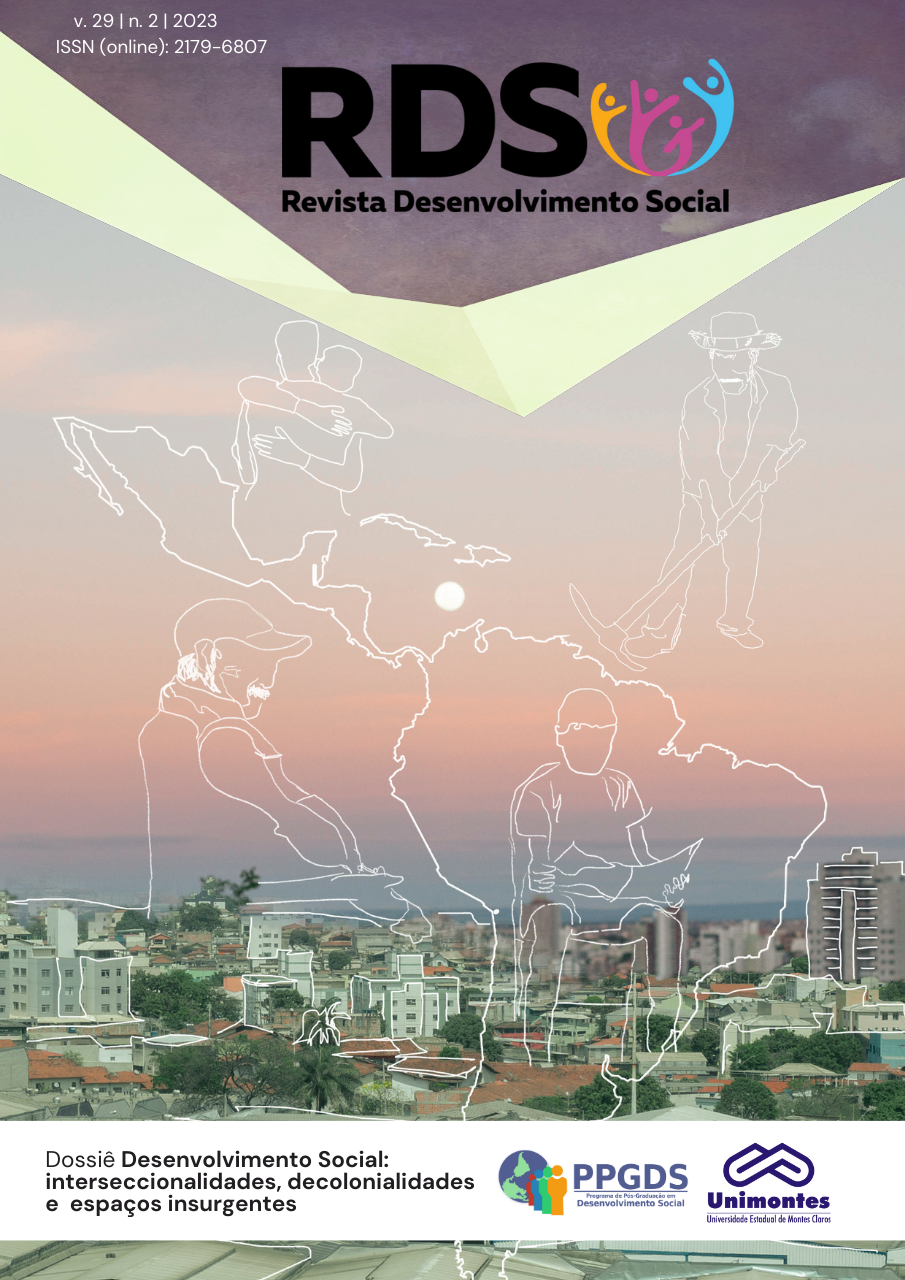Utopia and dystopia in postmodern letters: An analysis of "They were many horses", by Luiz Ruffato
Utopia and dystopia in postmodern letters: An analysis of "They were many horses", by Luiz Ruffato
DOI:
10.46551/issn2179-6807v29n2p114-127Keywords:
Modernity. Consumption. Literature. Utopia and dystopia.Abstract
The rupture with traditions and the disappearance of the feeling of history meant that the new social fabric began to gradually lose the need to keep the past and began to live in a continuous present. These signs can be easily observed in art, literature, and social dynamics as a whole, as well as revealing the moment of exhaustion of the modern project of society and the advance of a new social order arising from postmodern conditions. In this sense, this article proposes to analyze utopia and dystopia in the novel They Were Many Horses, by Luiz Ruffato as a legitimizing aspect of postmodernity, as well as the purposeful pastiche used by the author as a way to reveal contemporary social reality. To this end, it verifies the characteristics of modernity in the work of Oswald de Andrade, Memórias Sentimentmentales de João Miramar, and the trajectory to reach postmodernity revealed in the narrative of Luiz Ruffato, in addition to presenting consumption as a triumph of of postmodernity and an important cause of utopia and dystopia in the work.
Downloads
References
ANDRADE, Oswald. Memórias Sentimentais de João Miramar. São Paulo: Editora Globo, 1990.
ANDRADE, Oswald. Obras completas. Rio de Janeiro: Civilização Brasileira, 1970.
ÁVILA, Affonso. O Modernismo. São Paulo –SP: Editora Perspectiva, 2002.
BAUDRILLARD, Jean. A Sociedade de Consumo. Tradução: Artur Mourão. Lisboa: Edições 70, 2003.
CLAEYS, Gregory. Utopia: a história de uma ideia. Tradução Pedro Barros. São Paulo: Edições SESC SP, 2013.
EAGLETON, Terry. Teoria da Literatura: uma introdução. São Paulo: Martins Fontes, 1985.
GIL, Antônio Carlos. Como elaborar projetos de pesquisas. São Paulo: Editora Atlas, 1994.
IANNI, Octávio. Enigmas da modernidade-mundo. Rio de Janeiro: Civilização Brasileira, 2003.
JAMESON, Frederic. O pós-modernismo e a sociedade de consumo. In: O mal-estar no Pós-modernismo - Teorias e Práticas de E. Ann Kaplan. Rio de Janeiro: Jorge Zahar Editor, 1993.
LIPOVETSKY, Gilles. A era do vazio: ensaios sobre o individualismo contemporâneo. Barueri, SP: Manole, 2005.
MORE, Thomas. A Utopia. São Paulo: Editora Nova Cultural, 2000.
PERRONE, Moisés Leyla. Altas Literaturas: Escolha e valor na obra crítica de escritores modernos. São Paulo: Companhia da Letras, 1998
RUFFATO, Luiz. Eles eram muitos cavalos. Rio de Janeiro: Record,2007.
SANTIAGO, Silviano. Uma literatura nos trópicos: ensaios sobre dependência cultural. São Paulo: Perspectiva: Secretaria da Cultura, Ciência e Tecnologia do Estado de São Paulo, 1978.
SARGENT, Lyman Tower. Em defesa da utopia. Trad. Irene Enes. An Anglo-American Studies Journal, v. 1, p. 3-13, 2008.
SARGENT, Lyman Tower. Utopianism: a very short introduction. New York: Oxford University Press, 2010.
SARGISSON, Lucy. Fool’s gold: utopianism in the twenty-first century. Hampshire: Palgrave Macmillan, 2012.
SOUZA, Eneida Maria de. Crítica Cult. Belo Horizonte: Editora UFMG, 2002.
Published
How to Cite
Issue
Section
License
Copyright (c) 2023 Andréa Nogueira do Amaral

This work is licensed under a Creative Commons Attribution-NonCommercial-NoDerivatives 4.0 International License.
Esta licença permite que outros(as) façam download do trabalho e o compartilhe desde que atribuam crédito ao autor(a), mas sem que possam alterá-lo de nenhuma forma ou utilizá-lo para fins comerciais.












.png)
.png)




.png)









